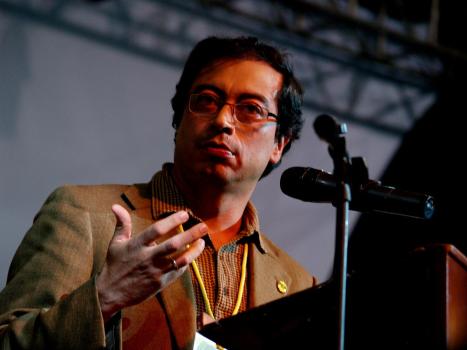
Alaska could become the third state to decriminalize and allow therapeutic use of natural psychedelics, after Colorado and Oregon. (Greenoid/Flickr)
Alaska Natural Psychedelics Init Seeks Signatures, Call for WHO to Stand Up for Harm Reduction, More... (9/29/25)
The US Virgin Islands ends vehicle searches based on the smell of weed, the drug czar's office is reviewing Drug Free Community grants to ensure they don't promote "the radical left's agenda," and more.








